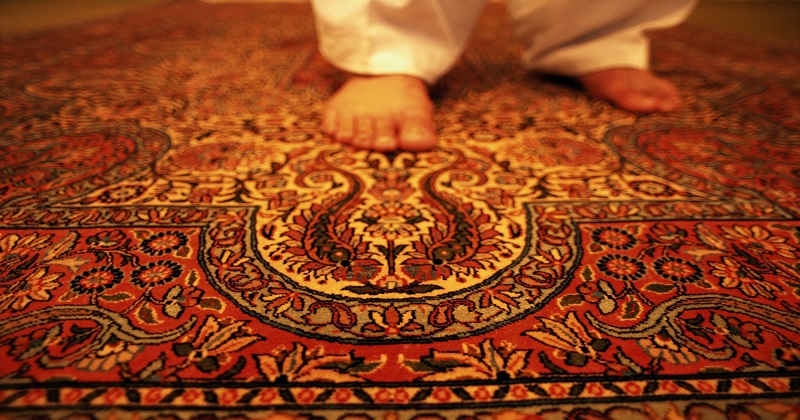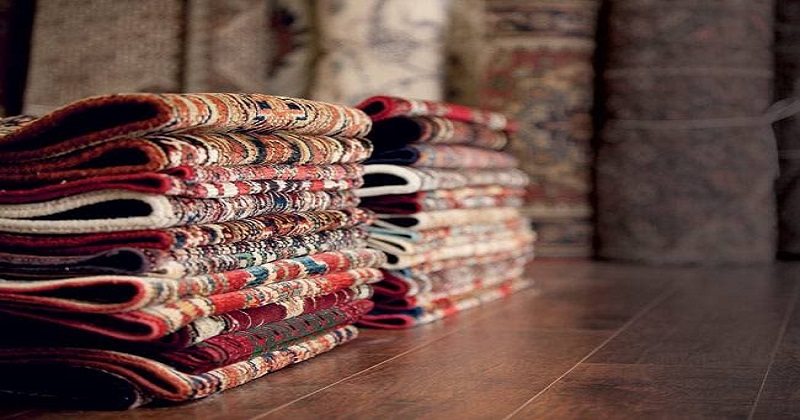
Jammu and Kashmir officials, which are well known around the world for their excellent craftsmanship and quality, have introduced QR codes for authenticating, labeling, and certifying the quality of handmade silk carpets in the region. The Indian Institute of Carpet Technology (IICT) in Srinagar has started labeling its carpets.
QR codes are based on barcodes that, once scanned by digital devices like smartphones, provide all the information about a carpet. They are the first of their kind in India. Customers will be able to identify genuine carpets from fakes by using QR codes on the carpets. A QR code will provide all the information regarding the carpet, such as who made it, where it was made, the brand name, the colors, and the pile height.

‘We have developed a QR code mechanism for carpets, the first of its type in the country. You can now get all the details about the carpet on your smartphone before buying the carpet. The weaver, the manufacturer, the quality, the specifications, knot per inch, raw material, pile height, and the district where it has been produced,’ said Dr. Zubair Ahmad, Director, IICT. If a customer fails to scan the code, he or she can check the authenticity by typing in the alphanumeric code on the label and comparing it with the website’s results. It will provide all the details.
QR code-based labels, he said, cannot be replicated or damaged. Infrared machines may also be used to read some of the information contained on the label. QR codes have been used to certify products for years. The Afghan government applied for geographical indication (GI) tags for Kashmir silk carpets in 2010. The carpets weren’t registered until 2016, when the Geographical Indication of Goods (Registration and Protection) Act was passed.
The latest move is expected to benefit the Kashmir silk carpet industry which has faced a lot of challenges in recent years. Machine-made carpets flood the market and are sold as handmade silk carpets. Both the industry and the customers lost faith as a result. QR code tagging is intended to increase customer traffic, according to the state government. ‘Till now, we had no mechanism of certification, be it pashmina or Kashmir silk carpets. We started the GI tagging of pashmina many years ago, and now we have started the GI tagging of Kashmir Silk Carpets,’ said Mehmood Shah, Director, Handloom and Handicrafts, Kashmir.
Before sending their products to the IICT for labeling, artisans and manufacturers will have to register with the government. Numerous carpets have been donated to the institute as a result of the overwhelming response. Additionally, the government plans to promote these QR-coded carpets throughout the world, especially in countries like Europe, the United States, and the Gulf.

Post Your Comments